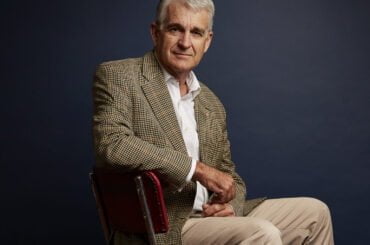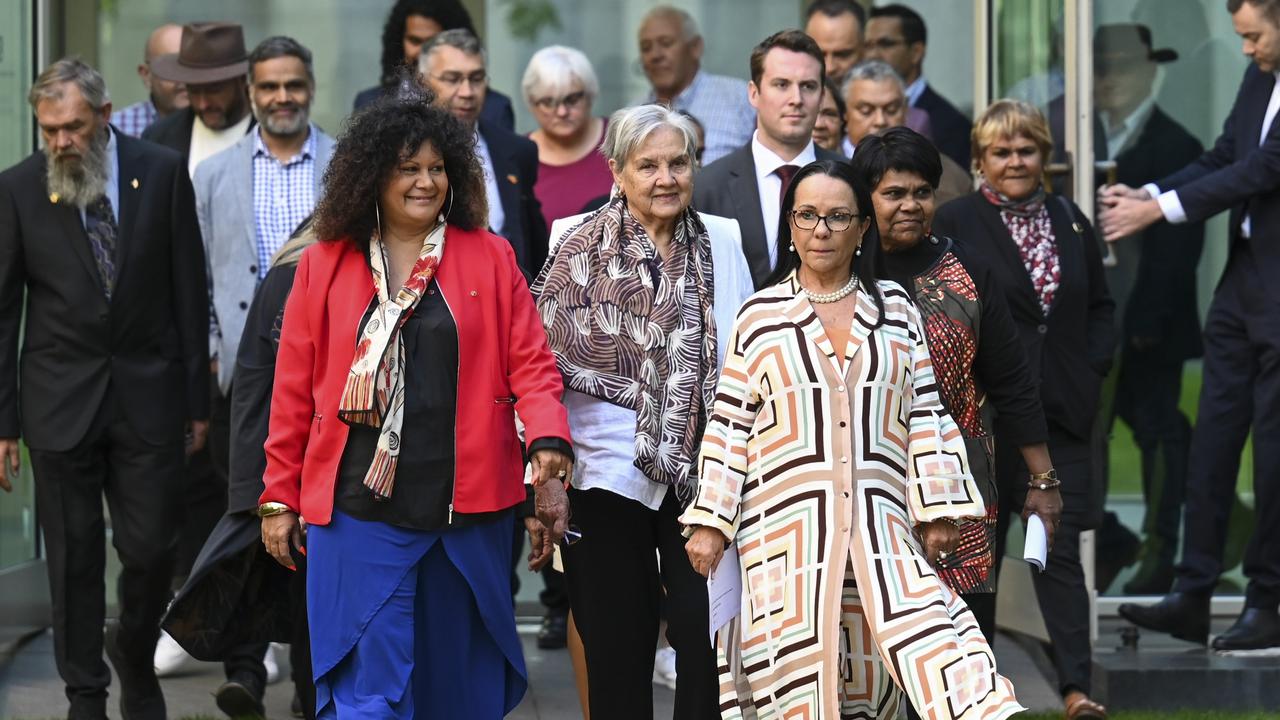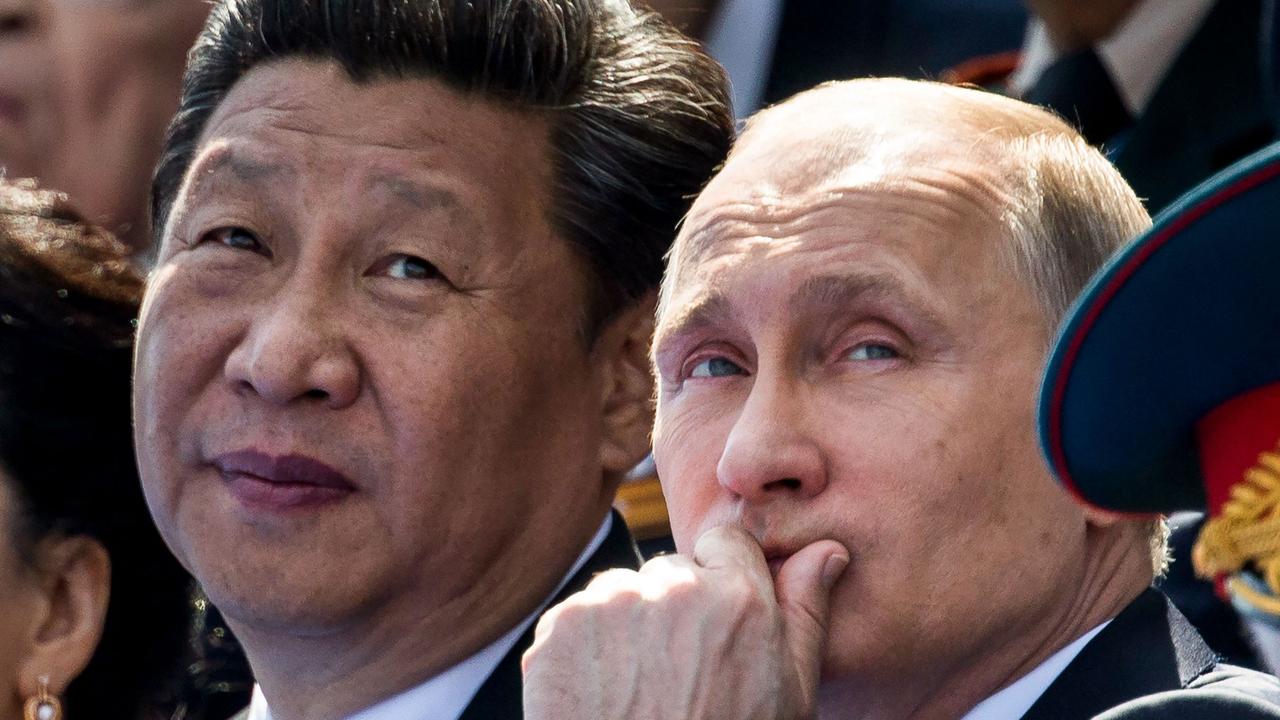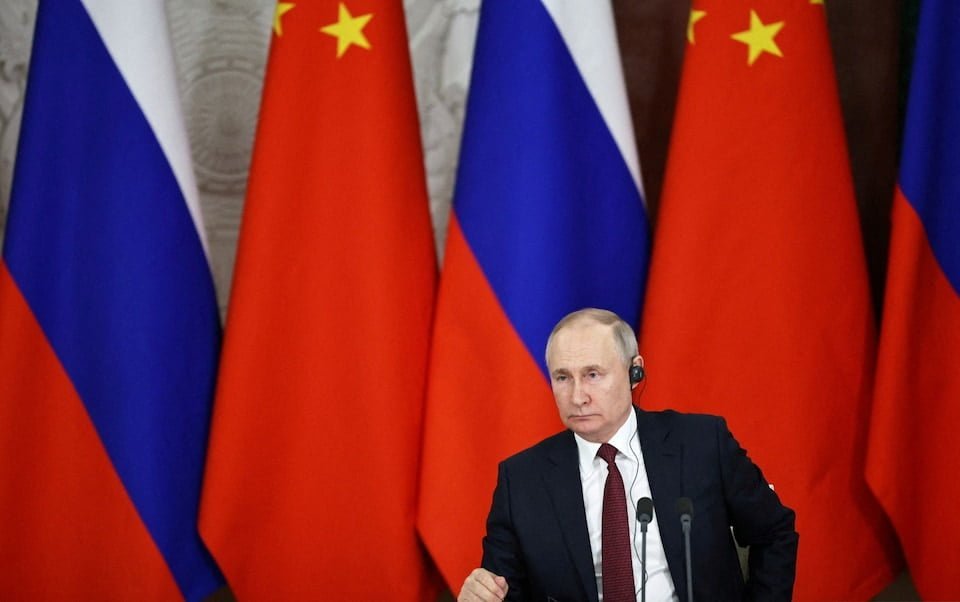
The banks took more than cash: they stole our trust
Trust is the foundational pillar of the harmony, freedom and prosperity that we take for granted in democratic, free-enterprise societies like Australia.
To the extent that we believe others will behave with integrity and can be trusted to do the right thing, without coercion, the heavy hand of compulsive law can be kept at bay.
Conversely, to the extent that we do not believe that others, whether individuals or institutions made up of individuals, will do the right thing voluntarily, we will resort to demanding legislative, regulatory, and policing remedies.
As economist and political philosopher Friedrich Hayek said: “It is indeed a truth, which the great apostles of freedom … have never tired of explaining, that freedom has never worked without deeply ingrained moral beliefs and coercion can be reduced to a minimum only where individuals can be expected as a rule to conform voluntarily to certain principles.”
In other words, freedom is made possible only when we trust people to do the right thing.
As champions of freedom such as Hayek have long acknowledged, trust is vitally important to harmonious co-operation and mutual advancement.
When trust is not present, or is weakened, all parties are diminished, and the vulnerable will understandably seek security, even if it means sacrificing their freedoms.
The Royal Commission into Misconduct in the Banking, Superannuation and Financial Services Industry has shocked us as we find yet another vital institution in our society is peopled by too many who cannot be trusted.
This latest set of revelations has served only to exacerbate the problem of a breakdown of trust in the system in this country.
It is a good thing that this is now known and that commissioner Kenneth Hayne has formulated a strong and needed response.
However, what must not be overlooked is that it is a bad thing that the inquiry and the response were both required.
It would clearly be highly preferable for us to have been able to safely presume that the banks, so vital for our freedom and prosperity, were beyond reproach.
Instead, the community is understandably demanding tough laws and policing arrangements which will unquestionably notch back credit availability and the development of innovative financial products, to the cost of businesses and individuals across the country.
Francis Fukuyama in Trust: The Social Virtues and the Creation of Prosperity says prosperity does not just ride on the back of efficiency, competition, freedom from state control and innovation.
The other social ingredient is what he calls “spontaneous sociability”, or trust.
Trust, he says, is high in countries like Germany, Japan, and the US, but low in countries such as France, China, and (southern) Italy. Where trust is low, prosperity becomes possible only with maximum coercion (China) or not possible at all (southern Italy).
Furthermore, the reality is that no amount of legislation or black-letter law can create integrity and honesty in people who are not innately so. For example, it is worth recalling that AMP is regarded by historians as having been a byword for integrity and as having been a massive force for economic and social good in Australia.
Yet now, as with culture in general, it has so lost its moral compass that its new leaders face a herculean task to rebuild confidence.
It is hard to imagine anybody describing the AMP of recent times as having been a force for good.
It is of great significance that AMP was trusted in times when the regulatory hand was far lighter, because it was led by people of unquestionable integrity who saw the importance of serving their customers, not lining their pockets.
We might do very well in this country to relearn our history and understand how important to both our freedom and our prosperity trust and integrity have been.
Freedom is rare and hard gained. Once diminished, or worse, lost, it cannot be recovered. The restoration of trust is of vital importance and in the end it can be secured only by trustworthy people behaving in trustworthy ways. We need to start that journey sooner rather than later.
John Anderson was deputy prime minister and leader of the Nationals from 1999 to 2005.
Originally published in The Australian
Original Article






